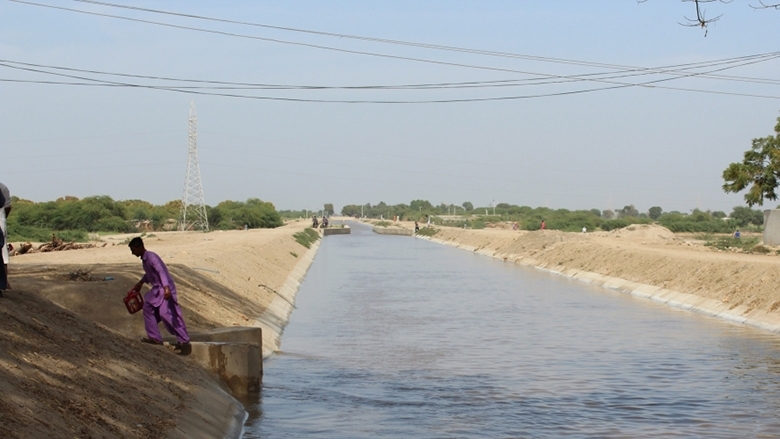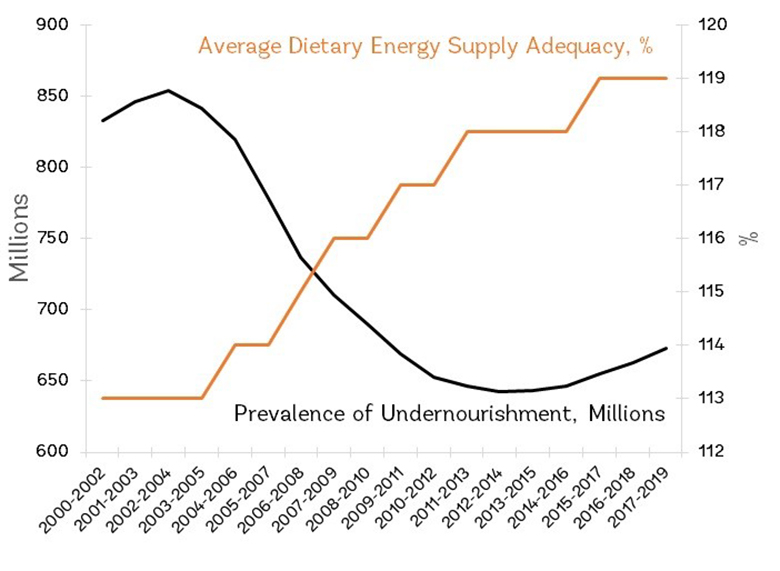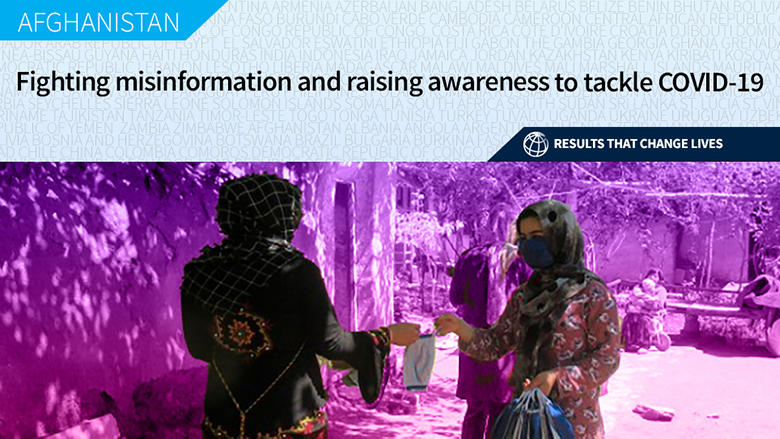PLUS: 8 reasons why partnerships are vital for water
| Having trouble seeing this email? |
| |
| |
| |
| At the G7 meeting last week, World Bank Group President David Malpass highlighted the Bank Group's work on vaccines and our healthcare response. "We're committed to financing access to vaccines for our clients," he said. Read his latest update to learn more about that and other developments on debt transparency and sustainability, among others. Afghanistan: Under the World Bank emergency COVID-19 response project, Afghanistan has added 1,300 intensive care beds across the country and cared for up to 10,000 hospitalized patients. Read about other achievements of the project. Lessons from Korea: Does your government have a crisis response manual on hand? Learn how Korea's protocol details helped them maintain their financial management system 24/7 during COVID-19. Capital markets: What can bond issuers and investors do to help fight the battle against COVID-19? Communication, disclosure, engagement, and transparency are key to ensuring that the power of investment contributes to sustainable development. Improving taxation: There may be a silver lining to this difficult period. If governments can seize this rare opportunity to redefine the fiscal contract through smart and carefully balanced taxation, they can build a more cooperative relationship with citizens, leading to long-lasting change. Digital skills & development: The COVID-19 pandemic has fueled the need for digital skills. Education and training need to become more affordable, relevant, context-vigilant and inclusive. Here are five elements to consider when designing digital learning interventions. Go deeper: Learn how the World Bank Group is responding to the COVID-19 (coronavirus) pandemic. Explore our multilingual portal. Click, bookmark and come back for updates. | | | |
| |
 | | | | Home to more than 50 million people, the Sindh province faces a harsh climate. Access to water is a challenge. But for several farmers in the region, the successful upgrade of the canal's irrigation system has been a game changer, upgrading infrastructure in seven main canals, 28 branch canals, 173 distributaries, and improving drainage infrastructure across 200,000 hectares of farmland. | | | |  | | | | The World Bank works in partnerships with often very different organizations, collaborating in a deliberate way to deliver on our vision of a healthy and water-secure world for all. Here are eight ways partnerships provide a strategy and offer a platform to marshal necessary resources, skills and ideas. | | | | |
| |
| "When it comes to women's legal rights and economic opportunities, Chile performs better than the global average (75.2) and has shown significant progress over time. Its score increased by more than 50% between 1970 and 2020, from 33.8 to 77.5 out of a possible 100. Considering that at the global level the average economy saw a change in score of just 28.8, Chile's 43.7-point increase demonstrates a notable commitment to gender equality. Despite this, Chile still scores the lowest among OECD high-income economies." — Isabel Santagostino Recavarren and Nisha Arekapudi, August 20 | | | | |
| |
| |
| |
| How will longer-term growth prospects in emerging markets be affected? What policies should be enacted to limit the damage from COVID-19? At this event, experts in economics will discuss these questions in light of a new World Bank Group report, Global Productivity: Trends, Drivers, and Policies. Tune in live! | | | | |
|
| |
|
| The Fragility Forum 2020 Seminar Series is a virtual and interactive series of events organized by the World Bank to share practical solutions and explore innovative ways of responding to the most challenging FCV issues of our times. Catch a replay of our latest discussion. | | | | |
| |
| |
| |
 |
| #COVID19 & #DesertLocusts are disrupting food production in many parts of the world. @JosefaSacko, @unicefchief & @DavidMalpassWBG discuss what can be done to strengthen the food system against multiple challenges in our #ResilientRecovery series. http://wrld.bg/NVjr50B8zu0 |
 |
| The coronavirus pandemic has drastically disrupted and hampered data collection efforts around the world – especially in developing countries. Interview with World Bank Director of the Development Data Group, Haishan Fu, on why we need to be guided by data during the #coronavirus crisis. |
|  Despite providing food for a world population that has more than doubled over the past 50 years, the food system is severely off course in helping us achieve Sustainable Development Goals related to hunger, poverty, health, land use and climate change. Although we're producing plenty of food globally, the number of undernourished has been rising since 2014. One in five children under the age of five is stunted producing lifelong negative consequences on productivity. Some two billion people are overweight or obese, resulting in noncommunicable diseases of dietary origin that compromise resistance to new diseases such as the coronavirus. Read More>> Despite providing food for a world population that has more than doubled over the past 50 years, the food system is severely off course in helping us achieve Sustainable Development Goals related to hunger, poverty, health, land use and climate change. Although we're producing plenty of food globally, the number of undernourished has been rising since 2014. One in five children under the age of five is stunted producing lifelong negative consequences on productivity. Some two billion people are overweight or obese, resulting in noncommunicable diseases of dietary origin that compromise resistance to new diseases such as the coronavirus. Read More>>
|
| |
| Accredited journalists may obtain advance access to reports and information by registering with the Bank's Online Media Briefing Center, a password-protected site for working journalists. Material in this newsletter is copyrighted. Requests to reproduce it, in whole or in part, should be addressed to pubrights@worldbank.org For more information visit our website: worldbank.org. Access to Information | Other Bank Newsletters | Privacy Policy |
|









No comments:
Post a Comment